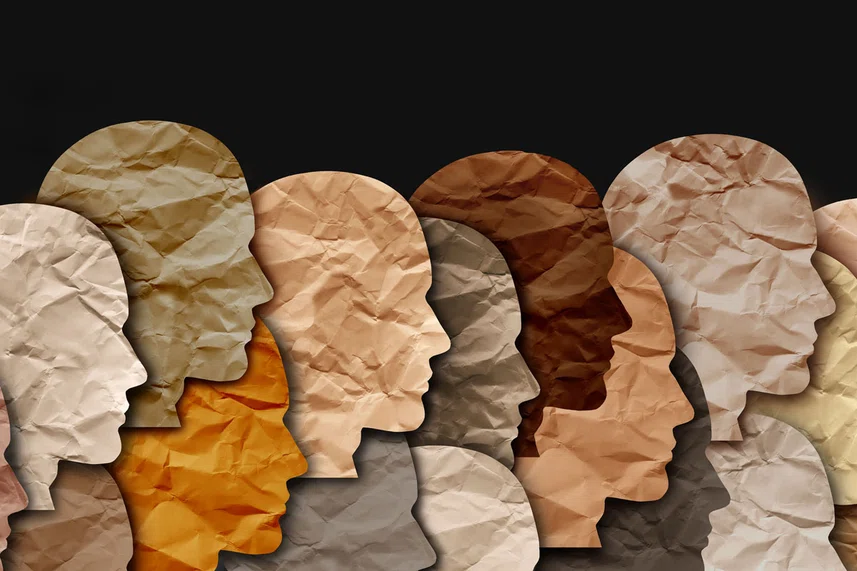FROM OUR TEAMS
Diversity, Equity & Inclusion in the Workplace
By Rosario Alvarado MSN, RN, CCRN-K
By Rosario Alvarado MSN, RN, CCRN-K

3 MIN READ

Today many organizations are taking steps to change the working culture and create better diversity, equity and inclusion (DEI) in the workplace. However, many people use those terms interchangeably when they are very different concepts.
Diversity in the workplace means that the organization employs a diverse team of people. The workplace is made up of employees of different ages, races, ethnicities, gender identities, career backgrounds, skill sets, religions, marital statuses, parental statuses, and disabilities. Diversity is about integrating a group of unique individuals, where each person brings a set of elements or characteristics that help make up the community in which we function and work. Having a diverse work environment means that there will be a wide range of ideas, interests and perspectives, which can lead to innovative changes in the workplace.
Equity in the workplace is giving every employee the resources they need and providing them with access to opportunities based on their individual needs, regardless of the pre-existing barriers they may face. Equity is the practice of meeting the unique needs of individual employees. These actions can change the lives of the employees and can result in positive change in the wider world. Equity is not the same as equality. Equality means that everyone is given the same opportunities; however, equity goes beyond just offering access and aids in reaching those opportunities.
Inclusion in the workplace is the achievement of an environment where all individuals are treated fairly, with respect, and are given the opportunities and the resources to be successful while contributing to the organization. Inclusion is when employees feel valued, supported and when the right conditions are in place for each person to achieve his or her full potential.
The Equal Employment Opportunity Commission (EEOC) enforces laws to protect individual employees in the workplace based on specific social categories that commonly face discrimination in American culture. The U.S. government does not discriminate against employees based on race, color, religion, sex or gender identity, marital status, disability or parental status. Every organization is responsible for ensuring they abide by these laws.
You might be wondering why diversity, equity and inclusion are important in the workplace. However, diversity, equity and inclusion help all organizations save money and have a better workforce in general.
Did you know an estimated $16 billion dollars are lost every year due to unfair treatment of employees and turnover? Organizations that have policies in place that incorporate diversity, equity, and inclusion are also more likely to yield higher revenue, higher sales, more customers, and increased profits. Statistics show they have improved relationships among employees, more innovation, growth, increased retention, and decreased turnover.
“Inclusive Diversity” is a set of behaviors that promote collaboration among a diverse group.
The PCAs, nurses, physicians, and all employees can develop inclusive diversity by incorporating ICARE values into their practice each and every day. Make every new employee feel welcome, share your knowledge, recognize every individual’s strengths, contributions, and treat everyone with respect and dignity. Together we can make our interactions more meaningful, the workplace more enjoyable, and the circumstances more tolerable. This positive attitude can impact our relationships and ultimately help improve patient outcomes and customer satisfaction.
Related Articles

FROM OUR TEAMS
Patient Care Assistant Immersion Course Graduates


FROM OUR TEAMS
Respecting Diversity in the Workplace and Beyond

Contact us at CNREPHelp@houstonmethodist.org
Questions or comments?
© 2022. Houston Methodist, Houston, TX. All rights reserved.










